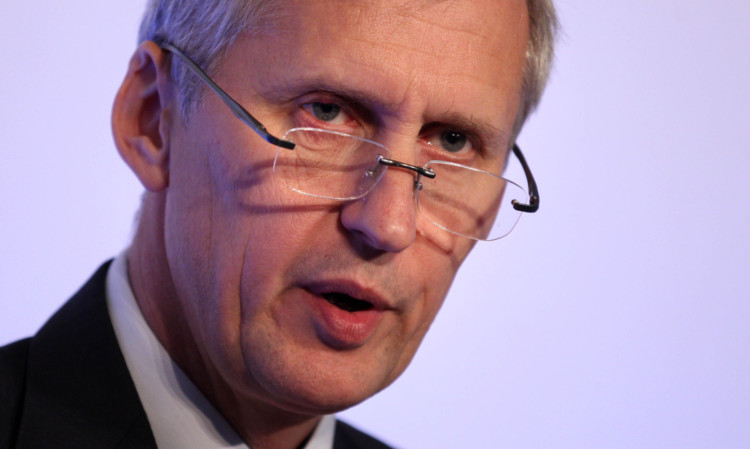Around seven million people are set to share up to £1.3 billion in compensation following the latest mis-selling scandal to hit the banks.
The Financial Conduct Authority (FCA) said a total of 13 high street lenders and credit card firms including RBS, Bank of Scotland and Tesco Personal Finance, as well as Barclays and HSBC along with insurer CPP Group had agreed to the payouts.
The scandal is the latest blow to the banking industry following the payment protection insurance and Libor scandals. It involved customers being given misleading and unclear information about credit card and identity protection insurance.
Around 23 million policies were mis-sold, and insurance provider CPP has already been fined a joint record £10.5 million by the City watchdog for the role it played.
Anyone who was mis-sold a policy will be contacted direct by CPP rather than having to make an application of their own volition.
Those due compensation, the size of which will depend on the type of policy sold and the time which it was held, will receive the amount paid for their policy since January 2005, plus 8% interest.
Shares in York-based CPP, which was recently handed a three-year £36m funding lifeline by its banks, plunged yesterday as investors balked at the cost of the redress scheme.
While CPP sold some policies directly to customers, banks and credit card companies also introduced millions of people to CPP and are being forced to pay compensation.
The FCA said the financial institutions had to “share the responsibility for putting things right” after customers were widely sold protections already afforded to them through their existing banking arrangements.
Payments will start next spring as long as the compensation scheme is approved by customers and the High Court.
The Financial Ombudsman Service yesterday said it had received 247 new complaints about card protection insurance between April and June and is currently finding in favour of consumers in three-quarters of cases.
A spokesman said: “While card protection insurance can be useful for some people, in many of the cases we see the consumer neither wanted nor required the cover.”
Martin Wheatley, chief executive of the FCA, said the industry had to rebuild trust with the public.
“We have been encouraged that, working closely with the FCA and despite their different business needs, a large number of firms have voluntarily come together to create a redress scheme that will provide a fair outcome for customers,” Mr Wheatley said.
“This kind of collaborative and responsible approach is a good example of how firms are taking more responsibility and helping, step by step, to rebuild trust.
“We believe this will be a good outcome for customers who may have been mis-sold the card and identity protection policies.
“Subject to CPP’s customers approving the scheme, these policy holders will be able to claim a full refund of premiums with interest.
“Doing it this way means customers will get redress via a simple and standardised process, so we are encouraging customers to approve the scheme when they receive their voting letters in the autumn.”
Meanwhile CCP founder Hamish Ogston, who owns a majority stake in the firm, described the £1.3 billion quoted by the FCA as a “ridiculous figure”, adding: “there’s never been a compensation redress scheme in history where it’s been 100% (success rate)”.
